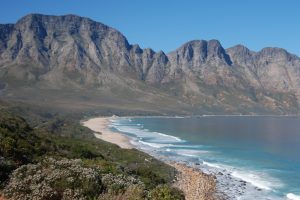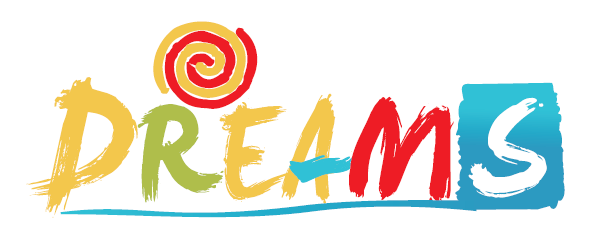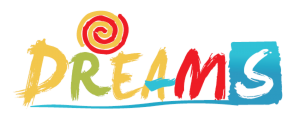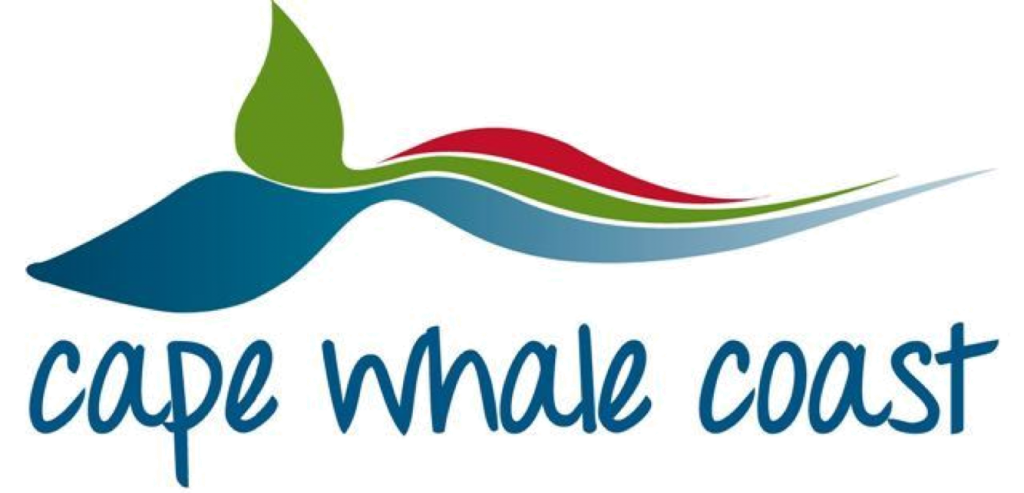Driving
The easiest and most rewarding way to get around in South Africa is to rent a car. You will be able to get to places not accessibly by public transport and you can also do a lot of tours on your own not having to pay tour operators to take you to places of interest i.e. Cape Point.
South Africa has left hand traffic.
Non-residents can drive with a driving licence that’s valid in their own country, provided it bears a photograph and signature of the holder and the licence is in English. Alternatively an international driver’s licence is required. Make sure with the South African embassy in your country and your car rental company beforehand.
Do no drink and drive! The maximum alcohol level is 0.05 ML/G (even 1 glass of wine or beer will put most people over the allowed limit).
Avoid driving in the dark as the risk to be involved in crimes and accidents are higher then. Plan your route in advance making sure you do not have to drive in the dark or that you run out of petrol.
Be aware that both pedestrians and cattle cross roads even at highways; these are more difficult to spot in the dark.
Street_names
Usually the roads are well signposted but a good road map is essential. For the cities a MapStudio Street Guide i.e the Cape Town and Peninsula which also includes other towns of the Western Cape is well worth the money to invest in (found in most book shops and at some petrol stations).
You find the street names written on the corners of crossings, in the cities sometimes on signs but mostly at the curb.
Some street names are in English on a map and in Afrikaans at the address or vice versa. Hence you might have difficulty finding Church street if it is displayed as Kerk street.
Weg, pad, laan and straat are the Afrikaans words for road, street, avenue.
If lost stop at a petrol station and ask for directions.
In towns the speed limit is usually 60km/h and the maximum speed at the highways is 120km/h.
There are often fixed cameras along the roads and at traffic lights and also mobile laser cameras. Road blocks where cars, licenses and alcohol levels are checked are not unusual. If you are issued with a citation for a traffic violation you are not required to pay over any amount of cash directly to the officer. If you do insist on a recipt. Never try to bribe an officer as this is a criminal offence that can lead to prison.
Always keep your driving license with you when driving.
In cities the driving might be congested and aggressive, avoid peak traffic if not used to driving.
Do not pick up hitchhikers, keep your doors locked and preferably your windows wind up and be observant when stopping at traffic lights, stop streets or in traffic congestions. Always be alert and look out for people approaching the car.
Keep cell phones, wallets and other valuables out of sight in the car whilst driving and do not leave in car when parking.
Park at well-lit and guarded areas.
Have phone numbers of your accommodation destination available so that you can phone if you get lost or delayed.
Not all petrol stations accept credit cards as payment so make sure you always have some cash available.








